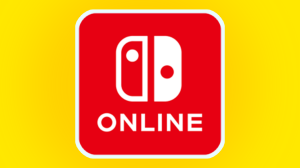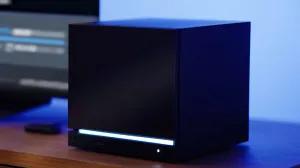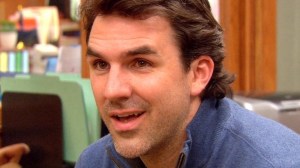Fables is a comic book created by Bill Willingham, written by Willingham, and illustrated by a number of artists, most notably Mark Buckingham and Steve Leialoha. Published by DC, first under its defunct Vertigo imprint and more recently under Black Label, Fables was a huge critical and commercial success, running for over a decade and spinning off several series. And now, according to Willingham, Fables is now in the public domain. The reason? A conflict has boiled over between Willingham and DC, and lacking any faith in DC’s handling of the property, Willingham said in a blog post that he hoped he could put Fables into good hands by allowing other artists to riff on the concept.
Videos by ComicBook.com
Of course, Fables itself is based on public-domain characters. The comic centers on fairy tale characters who, at the start of the story, find themselves exiled into the mundane world (their world for the real/non-magical world). Once there, they create their own neighborhood, with the story of Fables charting the relationships that take place as the complexities of modern life start bleeding into the black-and-white tales of the fables.
“It was my absolute joy and pleasure to bring you Fables stories for the past twenty years,” Willingham wrote on his Substack. “I look forward to seeing what you do with it.”
Creator-owned agreements at DC give the publisher control over the media rights, and often editorial control over the property over the life of the publisher’s contract with the creators (in this case, Willingham). In exchange for footing the publishing bill, the creator agrees that they won’t take their creator-owned comic anywhere else while that contract is in effect, but retain ultimate ownership of the underlying intellectual property.
DC maintains an interest in the publishing rights, and it’s likely nobody in your lifetime or mine will be allowed to reprint the existing Fables comics without DC’s blessing. Still, according to Willingham’s interpretation of copyright law, he has the right to enter his property into the public domain, and that’s what he has done. He believes other creators, who aren’t contractually tied to DC and their parent company Warner Bros. Discovery, can make comics and movies and video games and whatever else featuring his characters.
Of course, trademark and copyright are different things, so you may not want to try making shirts that feature the existing Fables logo. And DC retains publishing and merchandising rights to the existing material. Basically what Willingham is done, is to say that his version of the public domain characters he used to populate the world of Fables are also in the public domain alongside their more traditional counterparts. If you want to write a version of the Three Little Pigs in which they look and act like the versions from Fables, nobody’s stopping you.
Willingham claims that there were a number of issues that led to this moment, including late or missed payments by DC. He also claims that during their last round of negotiations (for Fables: The Black Forest, the latest miniseries, which resumed the numbering of the original series and now looks like it will never be completed), that DC attempted to make the series work for hire, which would have effectively transferred his copyright to the publisher. When called on it, they reportedly said it was done in error, rather than malice, but given his other struggles with DC, Willingham clearly doesn’t believe it.
“When I first signed my creator-owned publishing contract with DC Comics, the company was run by honest men and women of integrity, who (for the most part) interpreted the details of that agreement fairly and above-board,” Willingham wrote. “When problems inevitably came up we worked it out, like reasonable men and women. Since then, over the span of twenty years or so, those people have left or been fired, to be replaced by a revolving door of strangers, of no measurable integrity, who now choose to interpret every facet of our contract in ways that only benefit DC Comics and its owner companies. At one time the Fables properties were in good hands, and now, by virtue of attrition and employee replacement, the Fables properties have fallen into bad hands.”
He added later, “The one thing in our contract the DC lawyers can’t contest, or reinterpret to their own benefit, is that I am the sole owner of the intellectual property. I can sell it or give it away to whomever I want. I chose to give it away to everyone. If I couldn’t prevent Fables from falling into bad hands, at least this is a way I can arrange that it also falls into many good hands. Since I truly believe there are still more good people in the world than bad ones, I count it as a form of victory.”
The move wasn’t made merely to spite DC, though. Willingham says that as he has aged, his thoughts on copyright have shifted significantly. He says that he thinks intellectual property should remain with its original owner for a fairly limited time — no more than 30 years — and that after a sale, the property should stay with the new owner for 10 or fewer.
“Fables has been my baby for about twenty years now. It’s time to let it go,” he wrote.








